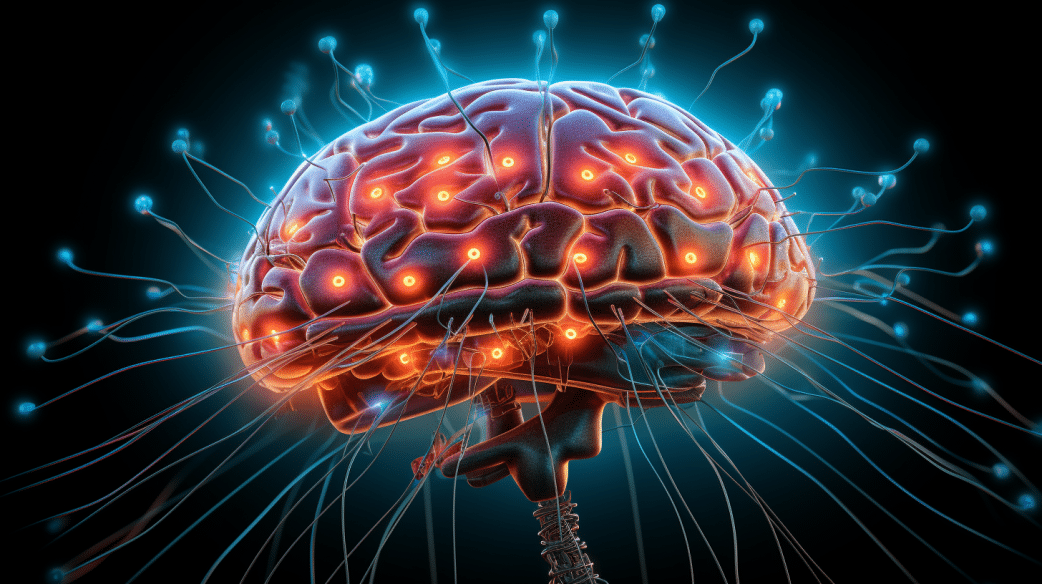TMS for Tinnitus: Transcranial Magnetic Stimulation Effective?
Transcranial magnetic stimulation (TMS) is showing promise as a non-invasive treatment approach for tinnitus in some patients. Research indicates it may be able to reduce tinnitus loudness and annoyance by modulating brain activity. However, significant questions remain regarding optimal protocols. Key Facts: TMS uses electromagnetic coils placed on the scalp to deliver magnetic pulses that …










